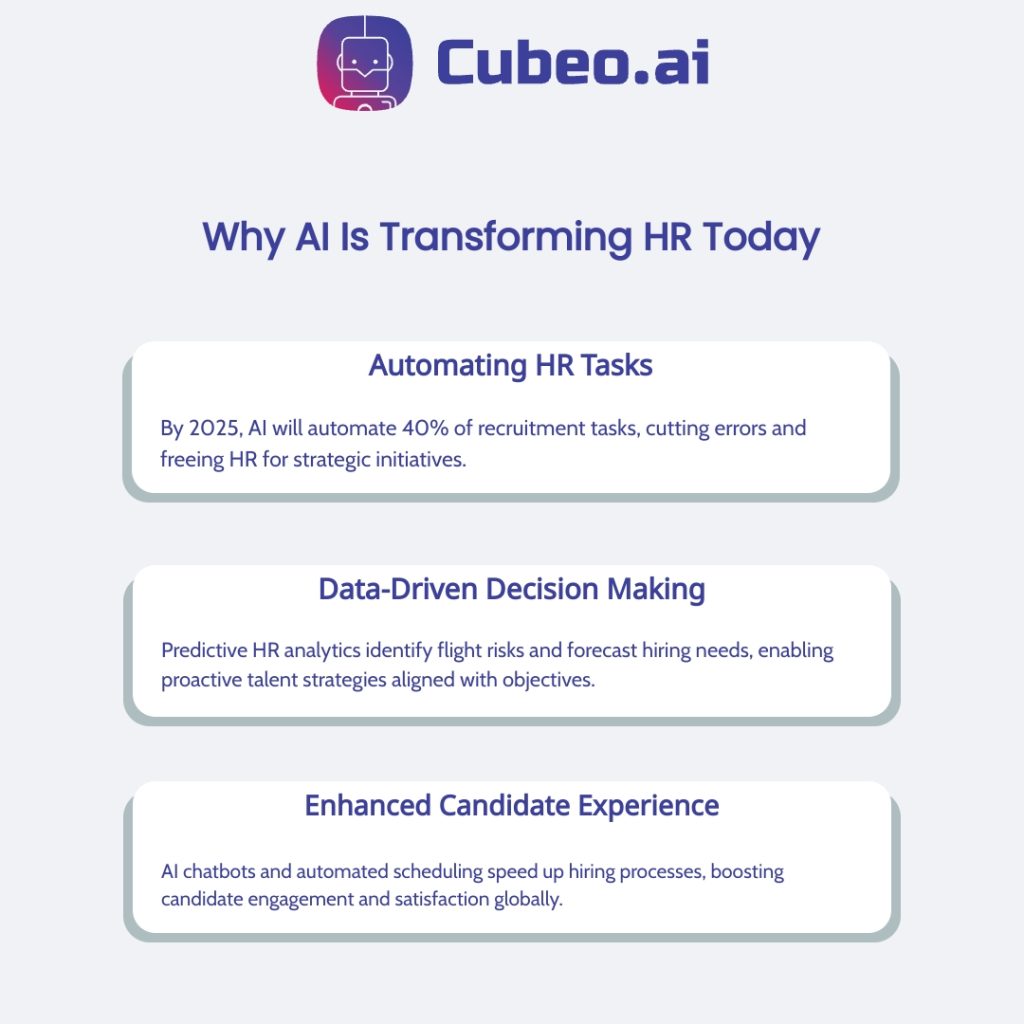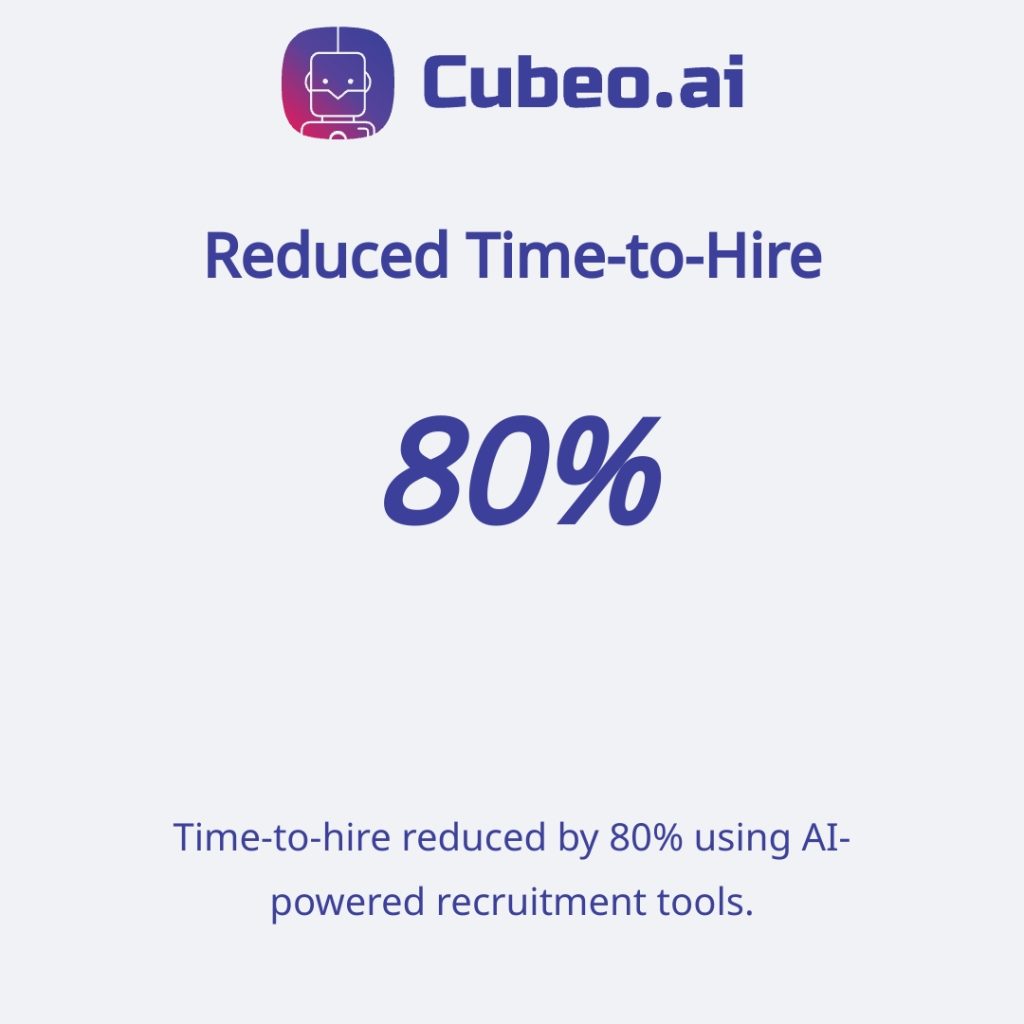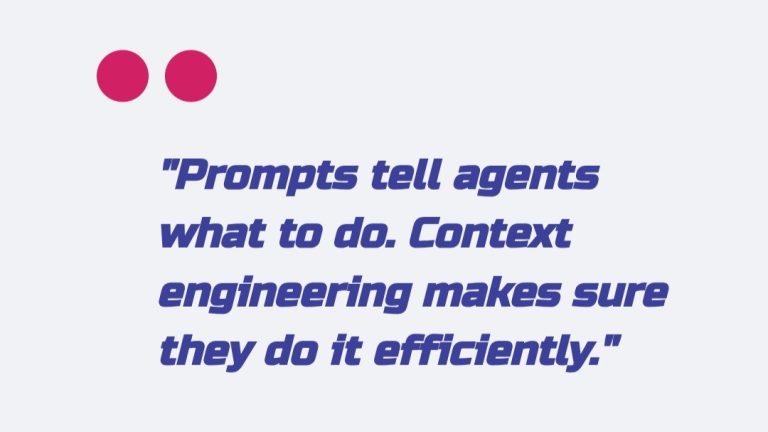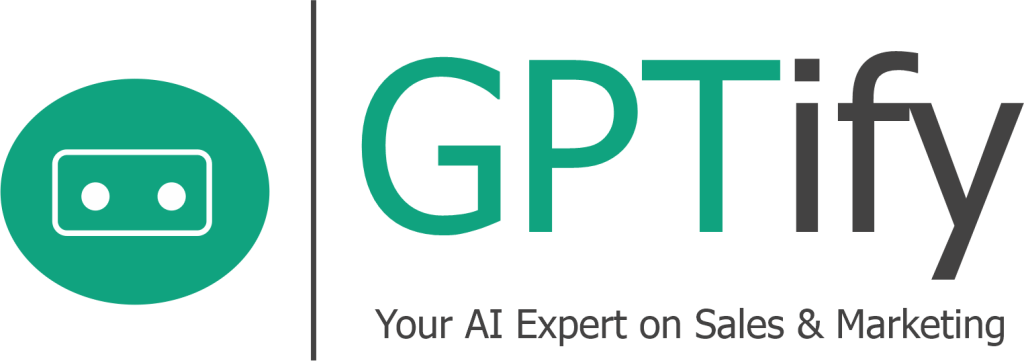What if your HR team could slash administrative workload by 50%? This isn’t fantasy, it’s happening now. According to a Deloitte report, 79% of leaders consider AI essential for maintaining competitive advantage in their industries.
HR departments worldwide embrace AI technologies to revolutionize traditional processes. From automating candidate screening to predicting employee turnover, AI tools deliver remarkable efficiency gains while improving decision quality.
Throughout this guide, we’ll explore concrete benefits of AI for HR professionals, backed by compelling AI in HR statistics that demonstrate real-world impact. You’ll discover implementation strategies that balance technological advancement with human-centered approaches.
Our focus remains practical—showing exactly how HR teams leverage these tools to solve everyday challenges. Whether you’re just starting your AI journey or looking to optimize existing systems, this resource provides actionable frameworks to transform your HR operations through intelligent automation.
Why AI Is Transforming HR Today
Human Resources departments face mounting pressure to deliver strategic value while managing routine operations. In fact, AI technologies provide powerful solutions to this challenge. These tools reshape how HR teams operate and contribute to organizational success.
The transformation happens across multiple dimensions simultaneously. Actually, AI systems handle tasks with precision. They generate data-driven insights for smarter decisions. Plus, they create seamless experiences for candidates and employees alike.
According to recent research, 76% of companies predict AI implementation within 12-18 months to maintain competitive advantage. This rapid adoption rate shows how HR professionals recognize the value these tools bring.
Automation of Repetitive Tasks
Administrative work consumes valuable HR time that could focus on strategic initiatives. Modern AI tools now manage everything from resume screening to onboarding documentation.
By the end of 2025, AI will automate 40% of recruitment tasks, dramatically reducing manual errors. This automation frees our HR professionals for higher-value activities.
Basically, this workflow optimization transforms productivity across departments. Teams spend less time on paperwork and more time on people-focused initiatives.
Data-Driven Decision Making
Traditional HR often relied on intuition and experience. Today’s analytics platforms transform workforce data into actionable intelligence.
Predictive HR analytics identify flight risks before resignations occur. They also forecast hiring needs based on growth patterns.
In a way, these capabilities enable proactive rather than reactive management. We can align talent acquisition strategies with business objectives more effectively than ever before.
Enhanced Candidate Experience
Job seekers expect responsive, personalized interactions throughout their application journey. AI chatbots provide immediate answers to common questions, regardless of time zone.
Automated scheduling eliminates the frustrating back-and-forth of interview coordination. The result? Faster hiring processes and more engaged candidates.
AI is expected to save organizations $1.5 trillion globally while simultaneously improving experience quality. Kind of amazing when you think about it.
HR AI adoption rates continue accelerating as these benefits become increasingly apparent. We recognize that intelligent systems augment human capabilities rather than replacing them.
This partnership creates space for more meaningful work focused on strategy, relationship building, and organizational development. Too often, people worry about technology replacing jobs, when in reality, it enhances our ability to do what matters most.

Top Benefits of AI for HR Professionals
AI technologies bring remarkable advantages to HR departments across companies worldwide. Teams now handle tasks in minutes that once took days, allowing HR professionals to focus on strategic work rather than paperwork.
Companies report substantial improvements after implementing AI solutions in their HR processes. These tools help teams work faster, make better decisions, and create more personalized experiences for employees. Let’s look at how AI transforms key HR functions:
- Reduced time-to-hire by up to 80%
- Increased employee retention through better development programs
- More accurate workforce planning based on data
- Lower administrative costs across HR operations
Faster Talent Acquisition
AI recruitment tools cut hiring timelines dramatically. Resume parsing technology scans hundreds of applications in seconds, identifying qualified candidates based on skills and experience. Interview scheduling happens automatically, with AI coordinating calendars between candidates and hiring teams. The matching algorithms connect job requirements with applicant qualifications more accurately than manual methods, so recruiters spend time with the right candidates from day one.
Personalized Employee Development
AI in training creates learning experiences tailored to each staff member. The systems analyze performance data to spot skill gaps and suggest specific resources to address them. Learning paths adjust based on progress, offering more challenging material as employees master concepts. Real-time tracking shows managers exactly how teams develop, making it easier to assign projects that match growing capabilities and career goals.
Predictive Employee Analytics
Predictive analytics HR platforms help teams get ahead of workforce challenges. The software identifies patterns that signal potential turnover risks months before traditional methods would catch them. High-potential talent becomes visible through performance metrics and behavioral indicators that might otherwise go unnoticed. Data-backed succession planning ensures critical roles always have qualified internal candidates ready to step up when needed.
HR AI benefits extend throughout organizations, creating more efficient processes and happier employees. As these technologies continue evolving, HR departments that embrace them will lead their companies into more productive and engaging work environments.

Key AI in HR Statistics and Trends
Numbers reveal a powerful story about AI’s rapid growth in human resources. Fresh data shows climbing adoption rates, concrete performance gains, and expanding applications across HR functions. Let’s explore what current research tells us about this tech transformation.
Statistics confirm AI has evolved from experimental projects to essential HR tools. Companies using these systems report major improvements in speed, accuracy, and staff satisfaction. This fact-based approach helps HR teams make smarter decisions about where to invest their technology budgets, you know?
AI Adoption Rates in HR
AI integration throughout HR departments keeps gaining momentum. Based on Statista research, 35% of HR departments utilized AI tools for at least one function in 2024. This figure represents a 30% growth compared to previous years. Large enterprises lead implementation (42%), with mid-market companies (31%) and smaller businesses (22%) following this trend. Adoption varies across industries, as technology and financial services sectors demonstrate highest implementation percentages.
Success Stories in AI Deployment
Practical implementations showcase AI’s concrete benefits for HR operations. A standout example comes from Devoteam Italy, which achieved 7× faster response time through smart automation. Their results mirror successful recruitment AI case studies from various sectors. Target reduced hiring timelines by 35% with AI screening solutions, while Kaiser Permanente boosted candidate quality scores by 28% using predictive matching systems.
Chatbot Usage for Employee Support
HR chatbots now manage routine questions with impressive efficiency. According to Statista, 27% of mid-sized enterprises have implemented chatbots for staff support. These systems typically handle:
- Benefits questions and enrollment guidance
- Vacation requests and approvals
- Onboarding document processing
- Training session registration
Organizations implementing HR chatbot systems report 65% quicker response times and 42% decrease in administrative workload. Most solutions connect with existing HRIS platforms, creating smooth employee experiences while maintaining data security.
The evidence confirms what progressive HR leaders already understand: AI delivers measurable advantages throughout the employee journey. As these solutions become more refined and accessible, adoption rates will likely continue rising through 2025 and beyond.
AI-Powered Recruitment Streamlines Hiring
Talent acquisition teams face mounting pressure to find qualified candidates quickly while maintaining fair evaluation processes. AI recruitment technologies solve these challenges by automating routine tasks, standardizing assessments, and minimizing human bias throughout hiring workflows.
These tools continue gaining traction across various industries. According to Forbes, 93% of Fortune 500 CHROs have incorporated AI tools into their hiring processes. Companies using these systems report significant improvements in efficiency without compromising quality— in fact, many achieve both simultaneously.
AI Interview Tools in Action
Modern interview platforms use AI to deliver consistent candidate experiences while gathering valuable insights. These systems analyze responses, expressions, and language patterns to evaluate soft skills objectively. Research indicates 43% of companies currently use or plan to implement AI interviews. Structured question banks ensure candidates address identical competencies, while scoring algorithms apply consistent evaluation criteria— significantly enhancing fairness compared to traditional methods.
Automated Candidate Screening
Resume review often consumes excessive recruitment time. AI screening tools transform this process by quickly analyzing applications against job requirements. These systems rank candidates based on skill alignment, experience relevance, and cultural fit indicators. Chipotle’s implementation of AI screening boosted application completion rates from 50% to 85%, showing how automation enhances both efficiency and candidate experience at the same time.
Bias Mitigation Through AI
Unconscious bias remains a persistent challenge in traditional hiring. Ethical AI in HR addresses this through several mechanisms:
- Anonymizing candidate information (names, photos, graduation dates)
- Standardizing evaluation criteria across applicants
- Flagging potentially biased language in job descriptions
- Monitoring selection patterns for demographic disparities
These capabilities help organizations build more diverse teams while reducing legal risks associated with discriminatory practices. The technology continuously improves through feedback loops, becoming more effective at identifying and preventing bias over time.
The results speak volumes—AI recruitment tools accelerate hiring by 86% while improving quality and fairness. Forward-thinking HR teams leverage these capabilities to enhance human judgment, not replace it, focusing recruiter time on meaningful candidate interactions rather than administrative tasks.
Implementing AI in Your HR Department
Successful AI adoption demands strategic planning and methodical execution. Many HR teams jump into implementation without proper groundwork, resulting in resource drain and underwhelming outcomes. A structured AI implementation roadmap significantly boosts success rates.
Recent data from Culture Amp shows 42% of HR teams now utilize AI solutions, with adoption rates climbing steadily. Companies experiencing the greatest returns follow a 7 step roadmap covering team structure, technology evaluation, and ethical frameworks. Let’s break down each implementation component.
Building Your HR AI Team
Effective AI projects require diverse expertise across departments. Begin by recruiting internal advocates from HR, IT, and operational teams who grasp both technical possibilities and practical applications. Research indicates 64% of businesses anticipate efficiency gains from AI, making leadership support essential. Key roles to consider include:
- AI product owner
- Data analyst
- HR process specialist
Develop training programs for current employees while identifying which specialized positions might need external recruitment.
Choosing the Right Tools and Partners
Vendor decisions heavily influence implementation outcomes. Evaluate potential partners using these criteria:
- System integration capabilities
- Customization flexibility
- Security and compliance certifications
- Training and support resources
- Cost structure and long-term value
The AI HR Institute forecasts HR AI market growth to $3.9 billion by the end of 2025, creating numerous options but also selection challenges. Focus on solutions demonstrating concrete returns through relevant industry case studies matching your organization size.
Ethics and Data Privacy in HR AI
Ethical AI adoption requires comprehensive governance structures. Create explicit policies addressing data collection, usage boundaries, and employee consent procedures. Schedule regular bias audits to ensure algorithms treat all staff equitably. Culture Amp finds 83% of HR leaders see efficiency improvements from AI, yet these benefits must balance with privacy protections. Maintain transparency about how AI affects employee-related decisions and establish clear appeal mechanisms for automated determinations.
This implementation journey requires patience and consistent effort. Launch with pilot initiatives that showcase value while building organizational trust. Track results against defined KPIs and share successes widely to generate momentum. With thoughtful planning and execution, your HR AI programs will deliver substantial returns while enhancing employee experiences.
FAQ
What are the key benefits of AI for HR professionals?
AI offers substantial benefits, enabling HR teams to operate more efficiently. Automating routine tasks allows HR professionals to focus on talent management and strategic initiatives. AI improves employee engagement through personalized support and data-driven insights. Using AI helps HR departments monitor and improve employee satisfaction.
What statistics show the impact of HR chatbots?
HR chatbots save companies approximately 30% on customer support costs. New hire retention sees an 82% boost with effective onboarding processes. In 2023, 75% of HR queries occurred through HR chatbots. Career websites also get 95% more leads by engaging with jobseekers through chatbots.
How should HR teams start implementing AI ethically?
Ethical AI implementation in HR requires human oversight. It also involves bias mitigation and compliance with regulations. AI should augment human judgment in decision-making, not replace it. Transparency and ethical standards are crucial for responsible AI use.



